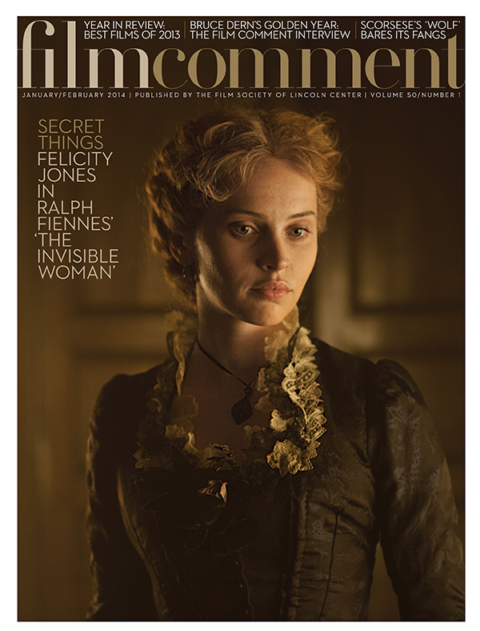
It’s the peach pie that ultimately pushes things to the breaking point. Up until this juncture in Jason Reitman’s adaptation of Joyce Maynard’s 2009 novel, we’ve watched as 13-year-old protagonist Henry Wheeler (Gattlin Griffith) negotiates a world dominated by his fragile, agoraphobic mom, Adele (Kate Winslet). We’ve witnessed their daily routines in the bucolic New Hampshire town of Holton Mills, how Henry does the heavy lifting for both of them while Adele withdraws from the world. We notice the blood stain on the bottom of the shirt worn by a mysterious man who approaches the kid near the comic book aisle of their local corporate superstore, and even before we learn that Frank Chambers (Josh Brolin) is an escaped convict, we know this modern-day Magwitch will change the lives of both mother and son.
But then, after tenderly tying up Adele in her living room (“for appearance’s sake”), and proving he’s quite the handyman around the house when it comes to changing their station wagon’s oil and fixing the furnace, and making a really delicious-looking chili that he feeds, oh-so-gingerly, to our bound heroine, Frank drops the real hammer. A neighbor swings by to warn Adele and Henry that a murderer is on the loose. The man brings a surplus of peaches from his yard. Throw them out, says Adele after he leaves. Frank has another idea. They will all make a peach pie. Oh God, that peach pie.
And as the trio plunge their hands into the glucosic goop in the bowl on the kitchen counter, working over the dessert’s fruity innards in glorious food-porn money-shot close-up, it will occur to viewers that we are expected to take this seriously. The meaningful glances between adults, the gently plucked guitar notes on the soundtrack, the dusky amber light of the cinematography, the undercurrents that suggest, somewhere behind the camera, Reitman is high-fiving himself and softly muttering: “Take that, Tom Jones slurping oysters!” We are supposed to find this erotic. Instead, we’ve discovered a metaphor for the movie. We’re in the middle of a large, syrupy mess.

To be fair, the scene is in Maynard’s novel, as are the Freudian mishigasim Henry must endure and the wish-fulfillment notions of white knights in tarnished armor. (The author has mentioned that aspects of an “intense pen-pal relationship” with a prisoner, something she explores in a piece recorded for The Moth entitled “The One Good Man,” informed the book, but that it’s not a personal story.) But it’s Reitman who tries to meld a storyline reminiscent of The Desperate Hours with a coming-of-age narrative and a vintage MGM women’s picture romance, and he’s the one who never finds a tone that allows all three to coalesce.
Until now Reitman has tended toward Billy Wilder–lite satire, as in the caustic Thank You for Smoking (05) and the human-comedy dramedy Up in the Air (09), and strong, singular female voices, as in Juno (07) and Young Adult (11), both scripted by Diablo Cody. Here, he aims for Sirkus Maximus melodramatics and scores nothing but a camp bull’s-eye. Notions that Henry may have somehow willed this father figure into being are left to atrophy. Flashbacks offer more bathos than backstory. Irony is M.I.A., even before the lonely-hearts bake-off extravaganza and the let’s-play-house domestic fantasies eventually blow up in the characters’ faces. Don’t get me started on the baseball game and the kid in the wheelchair.
None of this can be blamed on Brolin or Winslet, with the former gamely playing the gallant brute and the latter looking radiant even in frumpiness. Screen presence ends up being smothered by Velveeta after a while. No one, not Humphrey Bogart and Bette Davis, not Sterling Hayden and Jane Wyman, not even Steve McQueen and Ali MacGraw, could have sold this doomed love story as it lurches sideways toward tragedy, voiceover overload, and a profoundly ridiculous coda. What might have been an intriguing Stockholm-syndrome tale, or a look at squashed second chances, or a sentimental education in adult hypocrisy as seen through the eyes of a child, becomes a recipe for disaster—and a really, really sickly-sweet-looking pie.








